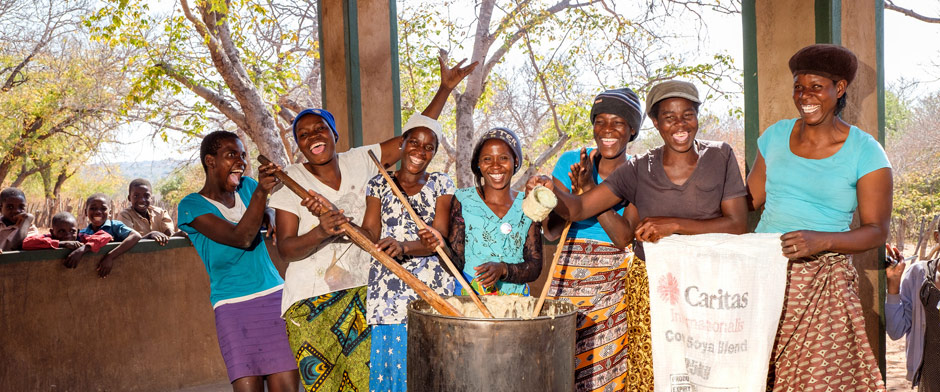What does peace mean for you, your community and your country?
For me, peace means a vital personal commitment. If I don’t make a choice from the heart, if I don’t turn myself into peace, and my words, my steps, my thoughts, my gaze and my embrace don’t convey it to others, then commitment to peace is impossible. At the community level, it’s the capacity that a community should have, to build together, dream as a community and give everyone the possibility to be included in this dream. At the national level, there needs to be a project that is also common, in which the dignity of persons comes first, and respect, tolerance and opportunities for everyone are paramount.
In what special ways do women bring peace to the world?
Women by nature are protectors and carers of life. This makes us always look for paths, strategies and spaces, so that the people we love, who are close to us, can maintain a harmonious relationship. We women are very creative, in order to maintain the possibility of inventing, so that relationships are established, so that relationships between parents, and among children, are really peaceful. And women, in today’s world, have taken a great step forward, which means moving from the sacred and private enclosure of the family to public spaces, in order to build peace. And another essential element here is that states are called on to guarantee this right to peace.
How do you maintain hope when there isn’t always peace around you?
When we’re in situations of violence, death and uncertainty, there are spaces where you can express your opinion and proclaim peace. This means that these spaces turn into a cry from the victims, from the people, who endure violence, in order to demand it and ask for it from those who have the obligation to strive for peace, so that they also seek out paths to build it.

